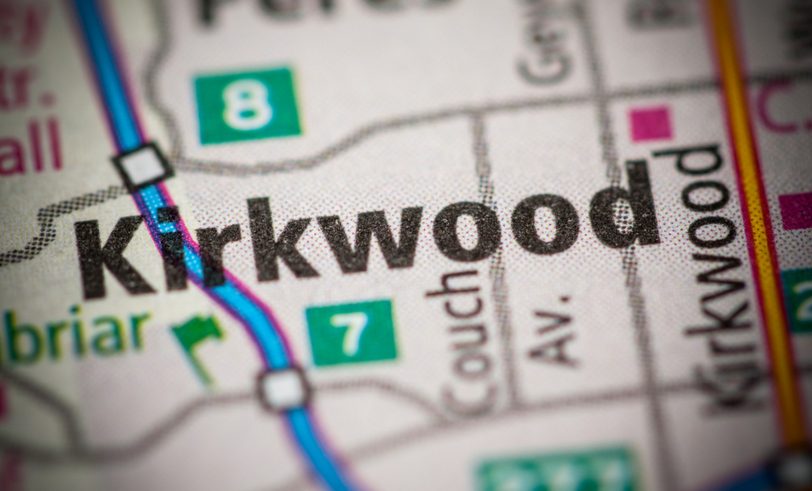Kirkwood Should Consider the Pros and Cons of All Transportation Funding Options

Kirkwood officials have placed a citywide transportation development district (TDD) on the ballot to raise money for road, sidewalk, gutter, and parking lot repair. The proposed TDD is funded by a 1 percent sales tax. This proposal appears to be better than most TDDs in Missouri, as it is subject to a citywide vote and was proposed by the city rather than a developer. Of course, Kirkwood residents should keep in mind all their transportation funding options.
There are ways to fund local road maintenance other than sales taxes. As the National Surface Transportation Infrastructure Financing Commission has noted, paying for road maintenance with taxes largely unrelated to road usage creates problems. If people aren’t charged for using roads directly, people will drive more, which in turn leads to higher road maintenance costs.
A local fuel tax is a good solution to the problem of paying for road maintenance—a fuel tax is directly related to driving. Additionally, local fuel tax revenue is constitutionally required to be spent on local road maintenance, decreasing the risk of financial misuse.
Seven Missouri cities already have local fuel taxes; none are higher than 2 cents per gallon. According to my calculations, Kirkwood could raise over $266,000 per year from a 2 cent per gallon local fuel tax on gasoline and diesel fuel. A downside of a local fuel tax is that you don’t collect any revenue from large trucks that may not stop to buy gas in Kirkwood, but still damage the roads when passing through.
No matter how Kirkwood residents and officials decide to raise money for local road maintenance, the city should carefully manage the money raised and ensure that all proper reporting, transparency, and auditing rules are observed. The proposed TDD has redeeming qualities and could be a viable option for funding needs. Nontheless, Kirkwood officials and residents should also consider other transportation policy options.

